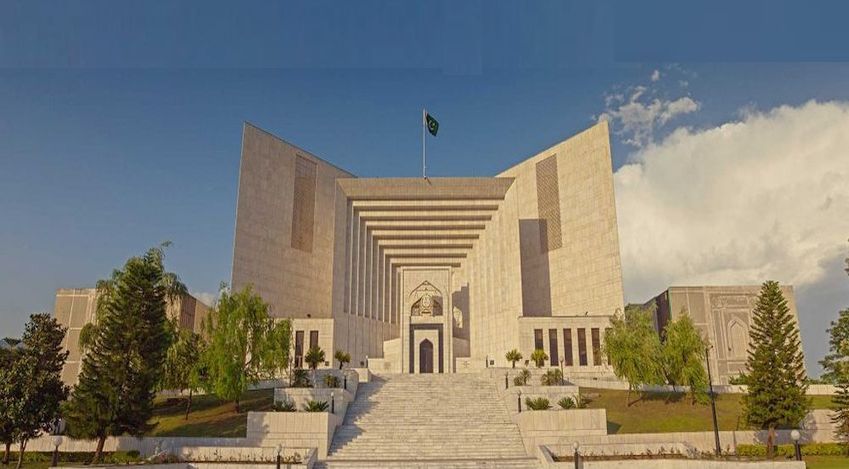The General Power of Attorney must be Properly Attested and Registered under Articles 79 and 95 of the Qanun-e-Shahadat Order, 1984, read with Section 54 of the Transfer of Property Act, 1882 --- Supreme Court of Pakistan
Islamabad 27-07-2024: The Supreme Court of Pakistan has dismissed a petition for leave to appeal in a significant property dispute, reinforcing key legal principles related to the execution and authentication of power of attorney and the mandatory registration of property transfer documents.
In the case of “Syed Pervaiz Hussain and another versus Zikr-ur-Rehman and others” [Civil Petition No. 520-K of 2024], the petitioners sought to challenge the judgment and decree passed by the High Court of Sindh, which upheld the decisions of the Lower Courts. The dispute centered around a plot in North Nazimabad, Karachi, originally claimed by Fazal-ur-Rehman, the predecessor-in-interest of the respondents.
The petitioners based their claim on a general power-of-attorney allegedly executed by Fazal-ur-Rehman in favor of Muhammad Shafi in 1977. This power-of-attorney was not registered, nor was it properly attested by witnesses as required by law. The petitioners argued that the document carried a legal presumption of authenticity under Article 95 of the Qanun-e-Shahadat Order, 1984, which the Courts rejected.
The Supreme Court, comprising Mr. Justice Syed Hasan Azhar Rizvi and Mr. Justice Aqeel Ahmed Abbasi, emphasized several critical legal principles such as the Court reiterated the necessity of attesting a power-of-attorney by at least two witnesses under Article 79 of the Qanun-e-Shahadat Order, 1984. The failure to meet this requirement rendered the document inadmissible as evidence. The Court highlighted that tangible immovable property valued at one hundred rupees or more must be transferred through a registered document per Section 54 of the Transfer of Property Act, 1882. Additionally, Section 49 of the Registration Act, 1908, mandates the registration of such documents. The Court placed the burden of proving the authenticity of the power-of-attorney on the petitioners, who failed to provide convincing evidence. The concurrent findings of the Trial Court and appellate courts were upheld, confirming that the power-of-attorney was not valid. The Supreme Court underscored the importance of respecting the concurrent findings of fact and law by Lower Courts unless a significant error is demonstrated. The Court noted that the petitioners' inability to produce original allotment and lease documents further weakened their claim.
The Supreme Court dismissed the petition for leave to appeal, granting the petitioners 90 days to vacate the subject property and hand over possession to the respondents. This decision reaffirms the stringent requirements for the execution and registration of property-related documents and the evidentiary standards for powers-of-attorney in Pakistan.
This ruling provides clarity and reinforces the legal framework surrounding property disputes, ensuring that the principles of proper documentation and registration are upheld in future cases.
Powered by Froala Editor








